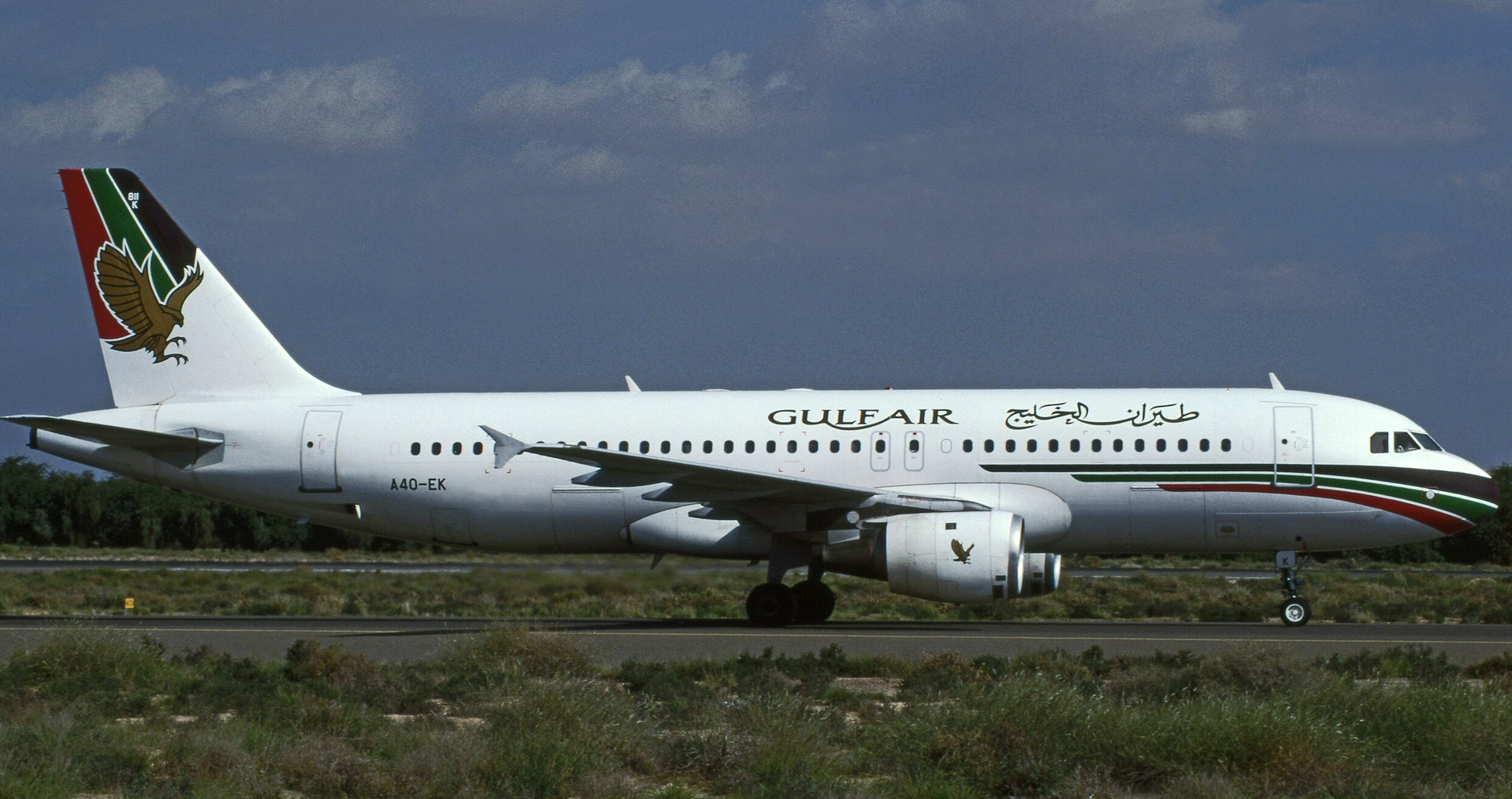The Weekly Reflektion 22/2025
Stress both in your private life, and in business can affect the quality of your decisions. When the stress level increases your judgement can be impaired, your assessment of a situation may be flawed, and your actions not appropriate, with unfortunate consequences.

What happens when decisions are being made under stressful conditions?
After reaching the official retirement age, I find myself less able to handle stress than in my heyday. After looking into the Gulf Air flight 072 crash from August 2000, possible consequences of negative stress caused me to reflect for a moment. The flight was a short haul, two-hour flight from Cairo, Egypt to Manama, Bahrain and it crashed into the sea off Bahrain while trying to land. All 143 people on board were killed.
The flight crew arrived at Cairo International Airport 25 minutes before the scheduled hour, but they were directed to the wrong gate by the ground crew and sat waiting for the plane. After realising they were at the wrong gate they changed gate and arrived more than 50 minutes late causing a take-off delay. To keep the customers satisfied, and to keep the criticism from the management to a minimum, as much time as possible had to be made up.
Approaching Bahrain, the flight was cruising at 7000 feet and the air traffic controller asked whether they had been cleared to descend to 3500 feet as this was the altitude he had expected them to be for the approach. There had been some sort of misunderstanding. As they were nearing the airport, the aircraft had to descend quickly to 3500 feet and the airspeed increased as a result. In the middle of this descent the air traffic controller cleared them to descend further to 1500 feet causing a further increase in airspeed. As they reached Manama, the aircraft had reached a speed of 313 knots (580 km/h), too fast for the landing. Despite this the captain decided to continue the approach and ordered the landing gear to be deployed and the flaps to be extended. As they reached the final approach point, the aircraft was still flying too fast and too high and the captain realised that a landing would not be possible. Instead of executing a missed approach as per regulations, the captain decided to improvise by attempting to do a 360 degree turn to reduce speed.
Since the landing gear was deployed this led to an erratic turn due to the drag, and when the turn was complete the plane was not lined up with the runway. The captain announced a missed approach, and the aircraft was put into a turning climb. While turning, an alarm sounded warning the crew that their airspeed was too excessive and could damage the flaps. The approach was at night with no horizon visible and the captain who had lost spatial awareness and thought the plane was climbing, made a nose-down input. Despite theground proximity warning alarm telling the captain to pull up, the plane crashed into the sea.
Several other causes were identified in the investigation, including the dominant personality of the captain, the submissive personality of the first officer which resulted in lack of challenge to the captain’s decisions, as well as a poor pilot training regime in Gulf Air. It is probable that a stressed situation due to a late take-off, together with poor crew resource management, led to poor decisions during the flight resulting in the crash.
Be aware of stressful situations in your operations, and that this can affect the quality of decisions being made.
